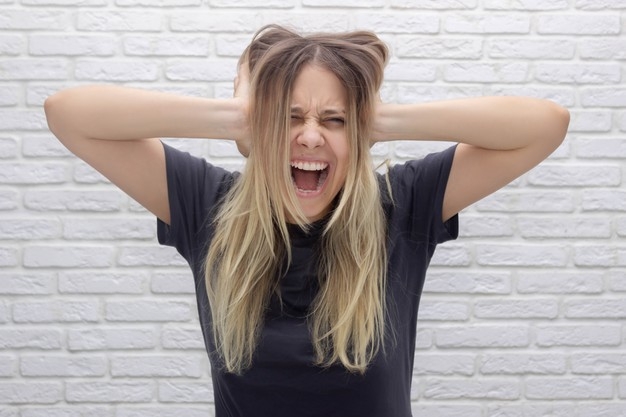It has happened to all of us at times that when we go through intense periods of stress, we don’t sleep well or wake up in the morning and are already stressed out.
To a greater or lesser extent, this condition is not a cause for concern, but it is something that we all experience from time to time, and it usually goes away when daily life gets better. But what happens when morning anxiety and insomnia are chronic? Then everything changes. In all likelihood, not only is the stress of everyday life the cause of our anxiety, but the problem lies in something deeper that prevents us from relaxing. Before we summarize and talk about anxiety disorderwe need to take a close look at what upsets us, and thus get to the root of the problem.
cortisol, or stress hormone, is an important factor influencing morning anxiety. Studies show that stressed people have very high levels of cortisol in the morning, indicating the source of the problem.
Anxiety and fear
Often the anxiety we feel may not be reflected in reality. On the contrary, it may be due to internal fears that have been chronically overlooked, such as the fear of being alone. Overthinking such fears causes stress and therefore reduces our quality of life by forcing us to be on our toes 24 hours a day, 7 days a week.
If our fear is how we will get through the day by completing each micro-commitment, then stress is likely to decrease throughout the day as we naturally move towards the desired outcome. If we tend to obsessively fill our lives with obligations so that we don’t have time to think about what worries us, then most likely the stress will only increase, as a result of which at some point it will “suffocate” us.
Insomnia and anxiety
Insomnia is one of the most serious disorders of the 21st century. In fact, morning anxiety is usually associated with insomnia. Before going to bed, the ultimate goal is to leave the brain alone to rest. But if, before going to bed, we begin to think, plan, analyze how the day went and what will happen tomorrow, we do not let him calm down, and therefore we cannot fall asleep.
To reduce anxiety when you wake up experts advise writing down what worries you in a notebook. Therefore, before going to bed, pay attention to what is bothering you or causing discomfort, and let it go, relax.
Also, put your cell phone down at least an hour before bedtime, have a warm drink, or read a book. If you can’t get to sleep, get out of bed and try to sleep elsewhere. It is not recommended to toss and turn in bed, because you associate it with insomnia.
What do we do in the morning?
If the evening “preparation” isn’t enough to get you a good night’s sleep and get up easily in the morning, try incorporating activities such as meditation or exercise into your morning routine. If you still don’t see the difference, it’s important seek professional help.
negative thoughts
People who suffer from anxiety have negative thoughts every morning, which increases stress. Experts advise practicing “letting go.” Usually, when you think “what if”, change your mindset dramatically. Realize that you cannot control everything. Challenge negative thoughts and counter them with positive ones (affirmations)*.
** Affirmation (from Latin affirmatio – affirmation, confirmation) – an affirmative (positive) judgment. In popular psychology, an affirmation is a positive statement, a short self-hypnosis phrase that creates the right psychological mood.







More Stories
Vaccine to combat antibiotic resistance
Oral health: increased risk of cancer
Avian influenza virus found in cow's milk